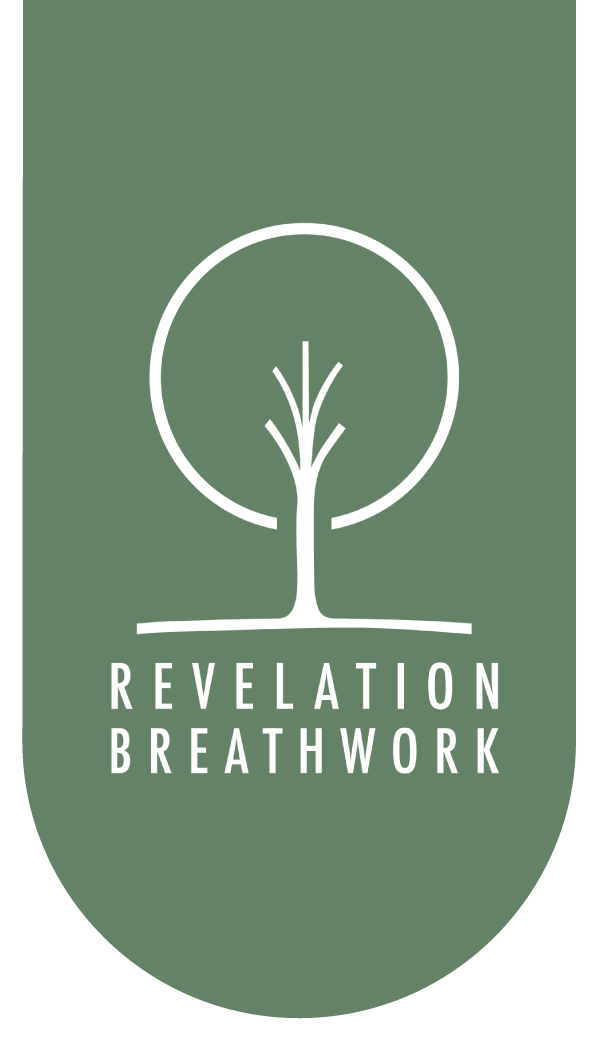The Healing Power of Music & Breath: Science, Soul & Transformation
There is something ancient, profound, and mysteriously potent about music and breath. Separately, they have the power to move us, regulate us, and open our hearts. But together? They create a portal to deep healing.
In this article, we explore the science and spirit of both music and breathwork—how they impact the brain, body, emotions, and soul. And why combining them isn't just powerful... it's transformational.
Music & the Brain: How Sound Heals
Music is more than entertainment, it’s biological. Neuroscience has shown that listening to music activates nearly every region of the brain:
Auditory cortex processes pitch, tone, and rhythm
Limbic system engages emotional memory and regulation
Motor regions are activated even in passive listening (especially rhythmic music)
Prefrontal cortex links music to meaning and insight
Nucleus accumbens and ventral striatum - the reward centers - release dopamine during emotionally moving music, especially when we get 'chills'
Studies show that musicians have increased brain plasticity, especially in areas of coordination, sound processing, and memory. But even listening to music alone can:
Reduce anxiety and depression symptoms
Improve cognitive performance and attention
Activate memory retrieval (especially in Alzheimer’s and dementia patients)
Decrease stress hormones like cortisol
Lyrics add an additional layer. They engage the language centers of the brain (Broca's and Wernicke's areas), and emotionally charged lines activate the amygdala and insula - helping us process grief, longing, and love.
"Lyrics don’t just move your heart—they rewire your brain."
The Power of Breathwork: Physiology, Psychology & Presence
Conscious, active breathwork is more than just slow breathing. It’s an intentional practice of connecting with your breath to unlock deeper emotional, psychological, and spiritual layers.
Physiological Benefits:
Regulates the autonomic nervous system (reducing fight-or-flight)
Lowers inflammation and blood pressure
Enhances HRV (heart rate variability) and immune function
Improves sleep, respiratory capacity, and detoxification
Emotional & Psychological Benefits:
Reduces anxiety, depression, and emotional reactivity
Increases emotional regulation, resilience, and mental clarity
Interrupts stress loops and helps integrate trauma
Boosts serotonin and dopamine (feel-good neurotransmitters)
Creates space for suppressed emotions to surface and heal
Spiritual & Somatic Benefits:
Deepens mind-body awareness and intuition
Facilitates trauma release stored in the body
Connects to a sense of Self, presence, and even Divine love
Invites surrender, forgiveness, and inner truth
Breath is the only autonomic function we can consciously control. When we do, we bridge the subconscious and the conscious—regulating the nervous system while accessing the emotional body.
The Alchemy of Music + Breath
When you combine the emotional resonance of music with the somatic activation of breathwork, a new level of healing emerges:
Music opens the heart; breath anchors you in the body
Music brings up emotion; breath helps you release it
Music guides the psyche; breath grounds the experience
In sessions we’ve held with artists like MILCK, participants have reported:
“That felt like 10 years of therapy in an hour.”
“I’ve heard that song before… but never like that.”
“That was like plant medicine without the plants.”
Combining music and breath activates multiple dimensions of healing:
Neurological: lights up the brain across emotional and cognitive domains
Somatic: moves energy and emotion through the body
Psycho-spiritual: integrates insight with feeling and embodiment
It’s not a performance, it’s a ceremony. A return to wholeness. A remembering.
Final Note: You Already Have the Medicine
Music is medicine. Breath is medicine. But you? You are the healer.
When you slow down and listen - really listen - to your breath and your soul, supported by sound that resonates with your truth… healing isn’t just possible. It’s inevitable.
Join us for our next Revelation Breathwork + Music experience and feel the power of your own transformation.
Start your Revelation Breathwork healing practice today.
References
Chanda, M. L., & Levitin, D. J. (2013). The neurochemistry of music. Trends in Cognitive Sciences.
Koelsch, S. (2009). A neuroscientific perspective on music therapy. Annals of the New York Academy of Sciences.
Särkämö, T., & Soto, D. (2012). Music listening after stroke: beneficial effects and potential neural mechanisms.
Porges, S. W. (2011). The polyvagal theory: neurophysiological foundations of emotions, attachment, communication, and self-regulation.
Feldman, C., & Kuyken, W. (2019). Mindfulness: ancient wisdom meets modern psychology.
By Jason Amoroso | With insights from Amanda McFarlan and emerging breathwork research | article supported by AI
